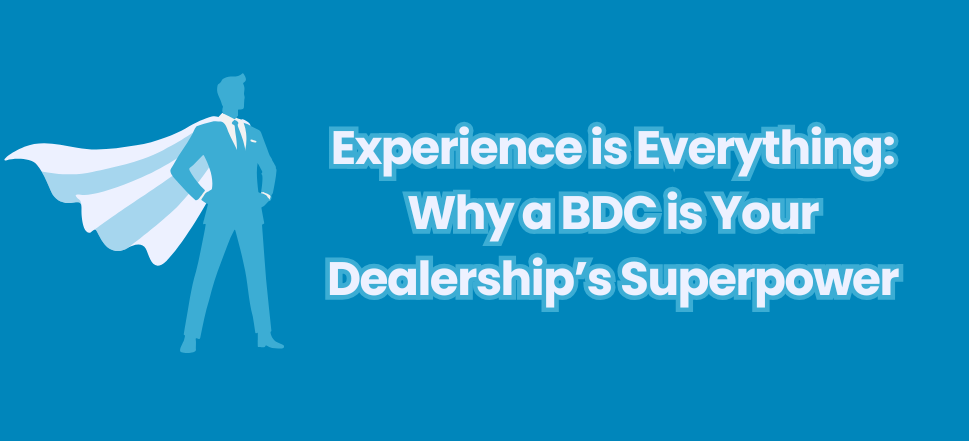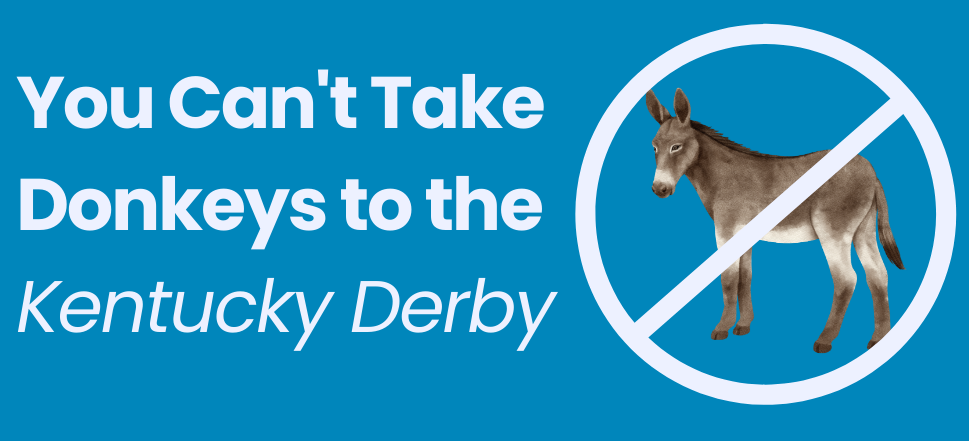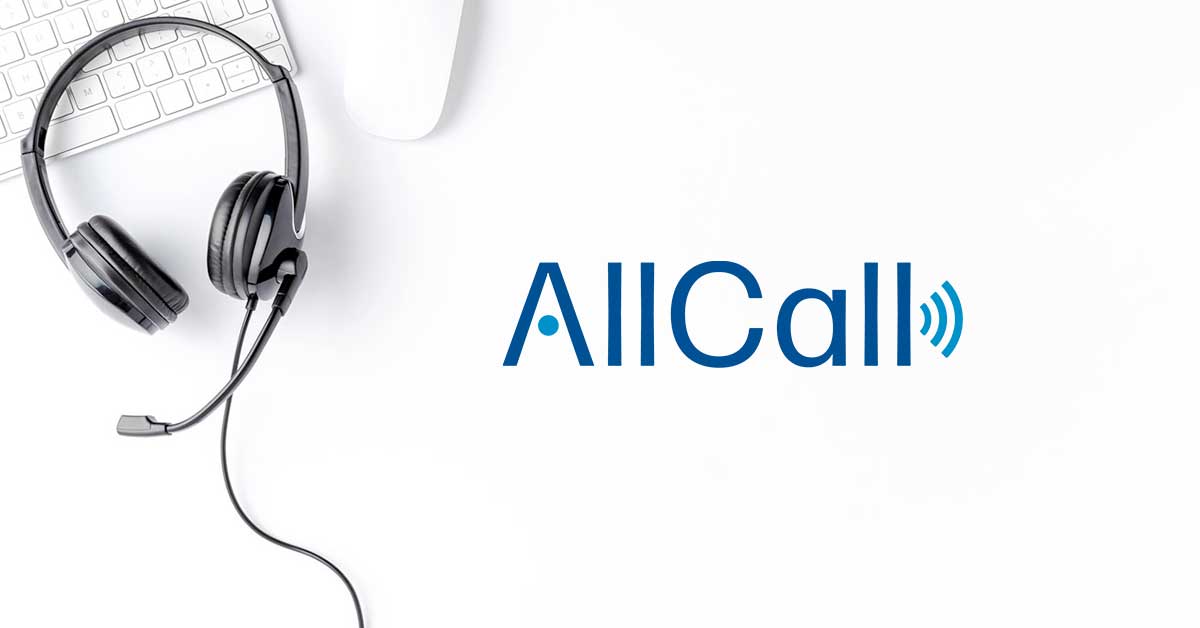Frequently Asked Questions
1. What is a outsource BDC?
A BDC (Business Development Center) is a dedicated team that handles customer communication, including sales leads, service appointments, and follow-up activities, on behalf of car dealerships.
2. Why should I outsource my BDC?
Outsourcing your BDC allows your dealership to focus on core activities while professionals handle customer interactions, leading to improved efficiency, higher lead conversion rates, and better customer satisfaction.
3. What services does your BDC provide?
AllCall offers premium managed services such as inbound and outbound call handling, outbound campaigns, lead management, appointment scheduling, customer follow-ups, service reminders, and more.
4. How do you integrate with our dealership’s CRM?
We work directly in your CRM any time we interact with your customer.
5. What are your hours of operation?
AllCall operates 24 hours a day.
Sales-Related Questions
1. How do you handle incoming sales leads?
We promptly respond to incoming sales leads, qualifying them based on your criteria, and then schedule appointments or transfer them to your sales team.
2. Can you handle internet sales leads?
Yes, we handle internet leads by responding quickly to online inquiries, providing information, and scheduling test drives or sales appointments.
3. How do you qualify a sales lead?
We use a set of customized questions to assess the customer’s needs, budget, and readiness to buy, ensuring only qualified leads are passed to your sales team.
4. Do you handle follow-ups on unsold leads?
Yes, we follow up with unsold leads at regular intervals to keep them engaged and guide them through the sales process.
5. Can you manage our dealership’s online chat?
We have our own chat platform we would recommend for managed chat services.
Service Department Questions
6. How do you schedule service appointments?
We schedule service appointments by accessing your service scheduling system, ensuring availability and coordinating with your service advisors.
7. Can you send service reminders to our customers?
Yes, we would automate messaging from your scheduler.
8. How do you handle service follow-up calls?
After a service appointment, we contact customers based on our clients needs. It could be a CSI call or a thank you call for example.
9. Do you handle recall notifications?
Yes, we notify customers of recalls, explain the importance of addressing them, and schedule the necessary service appointments.
10. Can you manage extended warranty sales?
We can make calls to candidates and schedule an appointment with your F&I department.
Customer Communication & Satisfaction
1. How do you ensure quality communication with our customers?
We have a full-time Quality Assurance Manager and agent call quality is tied to their pay.
2. Can you handle customer complaints?
Yes, we are trained to manage customer complaints with empathy, escalate issues when necessary, and work towards a resolution.
3. How do you measure customer satisfaction?
As an extension of your team.
4. How do you handle no-show appointments?
We follow up with customers who miss appointments, offer to reschedule, and remind them of the importance of keeping their appointments
5. Do you provide outbound marketing calls?
Yes, we can execute outbound marketing campaigns, such as special promotions, seasonal offers, and customer retention initiatives.
Training and Quality Assurance
1. How do you train your BDC representatives?
Our BDC representatives undergo rigorous training, including product knowledge, customer service, communication skills, and dealership-specific protocols.
2. What quality control measures are in place?
We monitor calls, review recordings, and conduct regular performance evaluations to ensure high-quality customer interactions. Agent pay is tied to their performance.
3. Can we customize the scripts your agents use?
Yes, we can work with you to create customized scripts that reflect your dealership’s brand and messaging.
4. How do you handle high call volumes?
We have a scalable team that can handle high call volumes during peak times, ensuring no customer is left unattended.
5. What is your average response time for inbound calls?
Our desired service level is 80% of calls answered within 20 seconds.
Technology & Integration
1. How do you integrate with our dealership management system (DMS)?
We work with Dealer Vault to sync by using an API with our BDC Software (Volie).
2. Can you provide reporting on BDC activities?
Yes, we provide detailed reports on call volumes, lead conversion rates, appointment schedules, customer satisfaction, and more.
3. What security measures are in place to protect customer data?
We follow industry best practices for data security, including encryption, secure access protocols, and regular audits to protect customer information.
4. How do you handle communication across multiple channels?
We use an omnichannel approach, managing communication through phone, email, SMS, and online chat to ensure a seamless customer experience.
5. Can you integrate with our dealership’s website?
Yes, we can integrate with your website to manage leads, schedule appointments, and provide live chat support.
Pricing & Contracts
1. How is pricing determined for your BDC services?
Pricing is based on factors such as call volume, services required, and contract length. We offer customized solutions to fit your budget.
2. Do you offer month-to-month contracts?
Yes, we offer flexible contract options, including month-to-month agreements, allowing you to adjust services as needed.
3. Are there any setup fees?
Setup fees may apply depending on the level of customization and integration required. We provide a detailed breakdown during the proposal stage.
4. How do you bill for your services?
We offer monthly billing based on the agreed-upon service package, with transparent invoicing that outlines all charges.
5. Do you offer discounts for long-term contracts?
Yes, we offer discounts for long-term contracts, providing cost savings for extended partnerships.
Performance & Results
1. How do you measure the success of your BDC services?
Success is measured through key performance indicators (KPIs) such as lead conversion rates, appointment show rates, customer satisfaction scores, and ROI.
2. Can you provide case studies or references?
Yes, we can provide case studies and references from other dealerships that have successfully partnered with us.
3. What is your average lead conversion rate?
Our average lead conversion rate varies depending on the dealership and market, but we consistently achieve rates above industry benchmarks.
4. How do you ensure high appointment show rates?
We confirm appointments with customers, send reminders, and follow up to ensure they show up as scheduled.
5. What is your process for continuous improvement?
We regularly review performance data, gather feedback, and implement process improvements to enhance service quality.
Customization & Flexibility
6. Can you customize your services to fit our dealership’s needs?
Yes, we offer fully customizable BDC solutions tailored to your dealership’s unique requirements and goals.
7. How do you handle seasonal fluctuations in demand?
We adjust staffing levels and operational hours to accommodate seasonal fluctuations, ensuring consistent service year-round.
8. Can you support multiple dealership locations?
Yes, we have the capacity to support multiple locations, providing centralized BDC services for all your dealerships.
9. Do you offer multilingual support?
Yes, we offer multilingual support to cater to customers who prefer communication in languages other than English.
10. Can you integrate with third-party lead providers?
Yes, we can integrate with third-party lead providers to ensure seamless management and follow-up of all incoming leads.
Miscellaneous
1. What industries do you serve besides automotive?
While we specialize in automotive, we also provide BDC services for other industries such as real estate, healthcare, and retail.
2. How quickly can we get started with your BDC services?
We can typically get your BDC services up and running within [specify timeframe, e.g., 2-4 weeks], depending on the level of customization required.
3. What makes your BDC different from others?
Our BDC stands out due to our industry expertise, customized solutions, focus on customer satisfaction, and commitment to delivering measurable results.
4. How do you handle after-hours inquiries?
We offer after-hours call handling services to ensure customers can reach your dealership even outside of regular business hours.
5. What is the next step to partner with your BDC?
To get started, you can contact us for a consultation, where we’ll discuss your needs, provide a tailored proposal, and outline the onboarding process.









